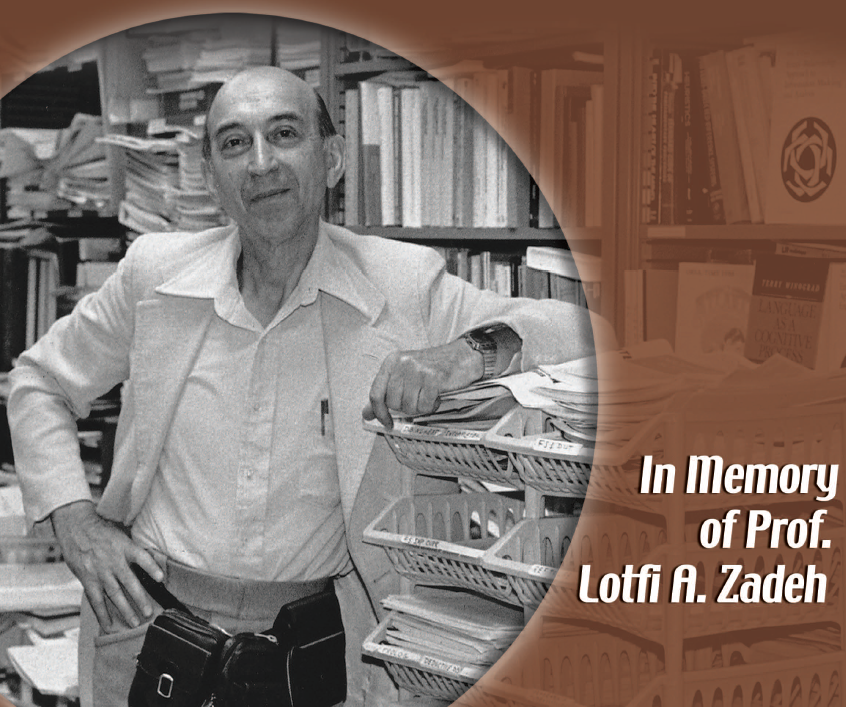What Should We Learn? Introduction to the Special Issue in Memoriam of Lotfi A. Zadeh

Lotfi A. Zadeh was one of the most impressive researchers of our modern era. Not only did he create a groundbreaking theory, but he also paved the way for an incredible variety of its applications, ranging from medicine and economy to large-scale scientific, industrial, and commercial applications. Prof. Zadeh was a stimulating and active purveyor of new research directions. He was also a tenacious advocate for the community of researchers and engineers working on the new paradigms he introduced, by promoting their results and products, and thus opening new fields of applications.
Perhaps one of Zadeh’s most powerful ideas was to imbed fuzzy set theory and fuzzy logic within a more general framework called soft computing (SC) . In 1990, Lotfi defined Soft Computing as an association of computing methodologies, which includes fuzzy logic, neuro-computing, evolutionary computing, and probabilistic computing. This paradigm is similar to the concept of Computational Intelligence (CI) described by J. Bezdek in 1992 and promoted by the IEEE Computational Intelligence Society, particularly in the form of hybrid systems. The number of concepts that Zadeh created and developed to complete the machinery of fuzzy systems is impressive, ranging from linguistic variables in 1973, to possibility theory in 1978, generalized constraints in 1986, computing with words in 1996, and a computational theory of perceptions in 2001.

The papers included in the special issue published in IEEE Computational Intelligence (CI) Magazine in February 2019 focus on his legacy, impact, and the evolution of Lotfi A. Zadeh’s work and represent the main directions of more than 50 years of research based on his seminal ideas.
The seven papers included in this issue exemplify some of the research trends based on Lotfi’s seminal work and illustrate the synergy between CI techniques and hybrid methods when dealing with most complex systems. Other fuzzy logic and soft computing trends have evolved over time in domains associated with web and numerical data management, internet security, information retrieval, data mining, data science, and robotics. The understandability of information and the interpretability of systems are key elements in modern environments. It’s believed that fuzzy systems will likely play a role in Explainable Artificial Intelligence (XAI), a new research trend aimed at making AI actions and decisions easily understood by humans.

